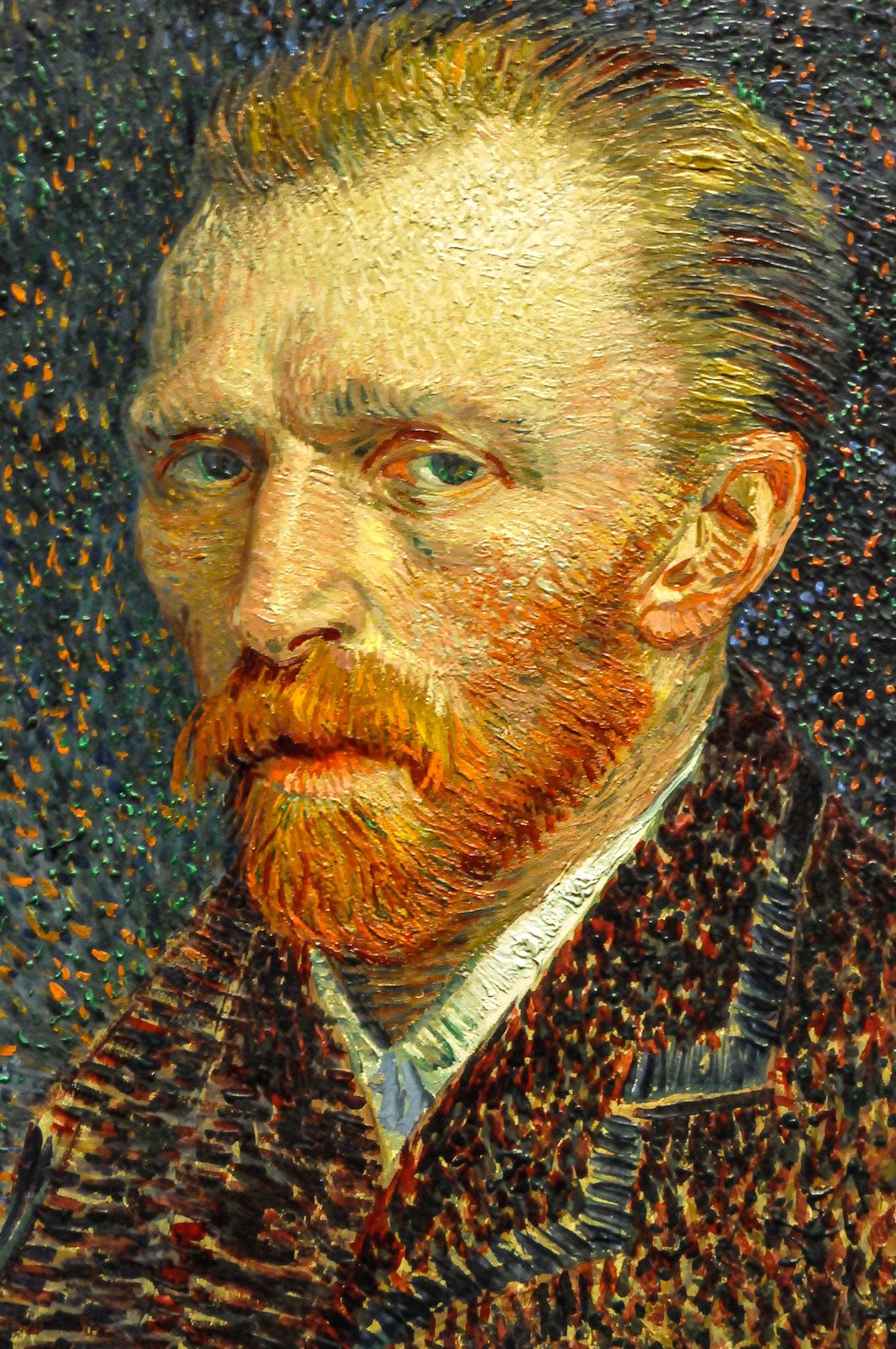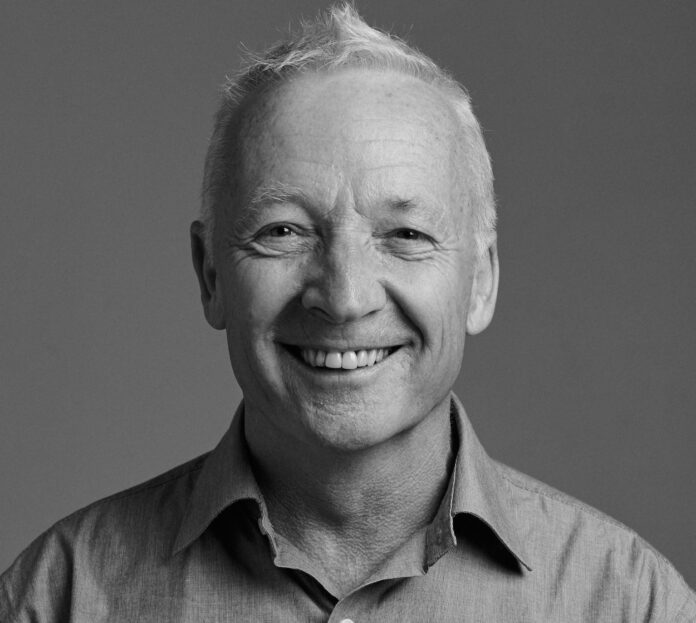It took 50 years before the bipolar disorder scourge began to noticeably affect Buderim teacher Phil Nield.
The changes began early in 2010, as his first major depression started to take hold.
But this was no ‘mid-life crisis’ that might be associated with turning half-a-century.
“Initially, my mother encouraged me to see her GP, and eventually I was referred to a psychiatrist who continues to treat me to this day,” Phil said, while preparing to be involved in two events marking World Bipolar Day on March 30.
“I spent over three months unable to leave my bed, returning to my teaching job in a part-time capacity at the beginning of Term 3.
“The depression was accompanied by serious anxiety, and when I returned to full-time work in Term 4, I was still very fragile.
“Towards the end of the year, my mood started to swing, and I felt more myself – a gregarious social butterfly.”

Bipolar disorder (formerly known as manic depression) is a serious life-long mental health condition that features pronounced mood swings.
The Australian Bureau of Statistics reports that the condition affects 2.9 per cent of Australians aged 16 and over.
But being diagnosed, as Phil discovered, was only half the battle.
“My initial year was easy to diagnose, but impossible to treat … depression and anxiety,” he said.
“I lost a year of my life.
“During the second year of ’my journey’, there was a definite upswing in my mood, which was difficult to diagnose and very difficult to manage – almost impossible.
SUBSCRIBE here now for our FREE news feed, direct to your inbox daily.
“Because it’s a mood disorder, there is no blood test to ascertain a definitive diagnosis.
“Eventually it was bouts of manic behaviour which prompted me to use ‘mood charts’ to enable tracking and a self-diagnosis, confirmed by my psychiatrist.
“So now starts the rollercoaster ride of balancing medications. One year? Two years?
“Eventually we had it sorted. But we didn’t. Then we tweaked it to bring mood down. Not enough? Too much?
“In recent years, I’ve had a very stable mood. Luckier than most people, it takes a lot to bring me down.
“There is always a smile on my face. That’s how everybody encounters me and I’m in a near-always good mood. There are very few people like me (with or without bipolar).”
Bipolar Australia is the only national not-for-profit organisation dedicated to empowering individuals and families affected by bipolar disorders and fostering recovery for every Australian affected by the condition.

March 30 each year is set aside as World Bipolar Day to raise awareness of the condition, support the various global organisations and eliminate stigma.
The date was chosen because it was the birthday of Dutch post-impressionist art master Vincent Van Gogh, who is widely believed to have suffered from bipolar disorder.
This year, two Sunshine Coast events will take place at Goodlife Community Centre, Buderim.
Phil is organising Bipolar Australia’s signature fun activity Blowing Bubbles for Bipolar from 9-11am in the foyer. The bubbly soap sphere represents the manic stage of bipolar and the burst bubble the depressive one.
Mental Illness Journey is the name of a fledgling company of which Phil is founder and director, and also the topic of his presentation from 5.30-7pm.
While this is a free community event, registration is essential on eventbrite or his website.
Phil and fellow Bipolar Australia volunteer Carissa Belham, who also has lived experience of the condition, will present their personal stories through a Q&A session. Flyers also will be distributed.
Do you have an opinion to share? Submit a Letter to the Editor with your name and suburb at Sunshine Coast News via: news@sunshinecoastnews.com.au
Bipolar Australia executive director Susana Bluwol said her organisation believed the Goodlife Community Centre events would be of great benefit to the local community, as well as lending support to over 598,000 bipolar sufferers across Australia and to the many thousands more of their equally affected carers and family members.
It aims to use World Bipolar Day to help bring the good news about recovery to people affected by the condition, and to educate the community about bipolar to encourage people to seek out help, and work to eliminate social stigma.

Being bipolar took a terrible toll on Phil. Life 2.0 looks completely different to his first 50 years.
But he is learning to live with his condition.
“I left my family, friends left me, there was a loss of money/assets, and I could have lost my job,” he said.
“A person with bipolar disorder will find it very difficult to manage this illness unless they have supportive friends and family. Once this support walks away, it will be almost impossible.
“Genetics is very important. My mother had bipolar I disorder, I have bipolar II disorder. These are the two most common.
“Bipolar I is prone to mania (and even psychosis), whereas bipolar II is less severe and the term hypomania is used rather than mania.
Local journalists supporting local people. Help keep independent and fair Sunshine Coast news coming by subscribing to our free daily news feed. All it requires is your name and email. See SUBSCRIBE at the top of this article.
“My mum’s life was a rollercoaster ride like no other. That’s another story.
“Self-awareness is difficult to find in someone who is in a state of elevated mood.
“For a long time, I had to rely on my family, close friends, and understanding work colleagues to read the signs for me.
“I’ve learned a lot, over time, and now I’m in a position where I can help others through education and sharing my mental illness journey.”
Where to seek help:
- Emergency 000
- Lifeline 13 11 14
- Kids Helpline 1800 55 1800
- MensLine 1300 78 99 78
- Suicide Call Back Service 1300 659 467





